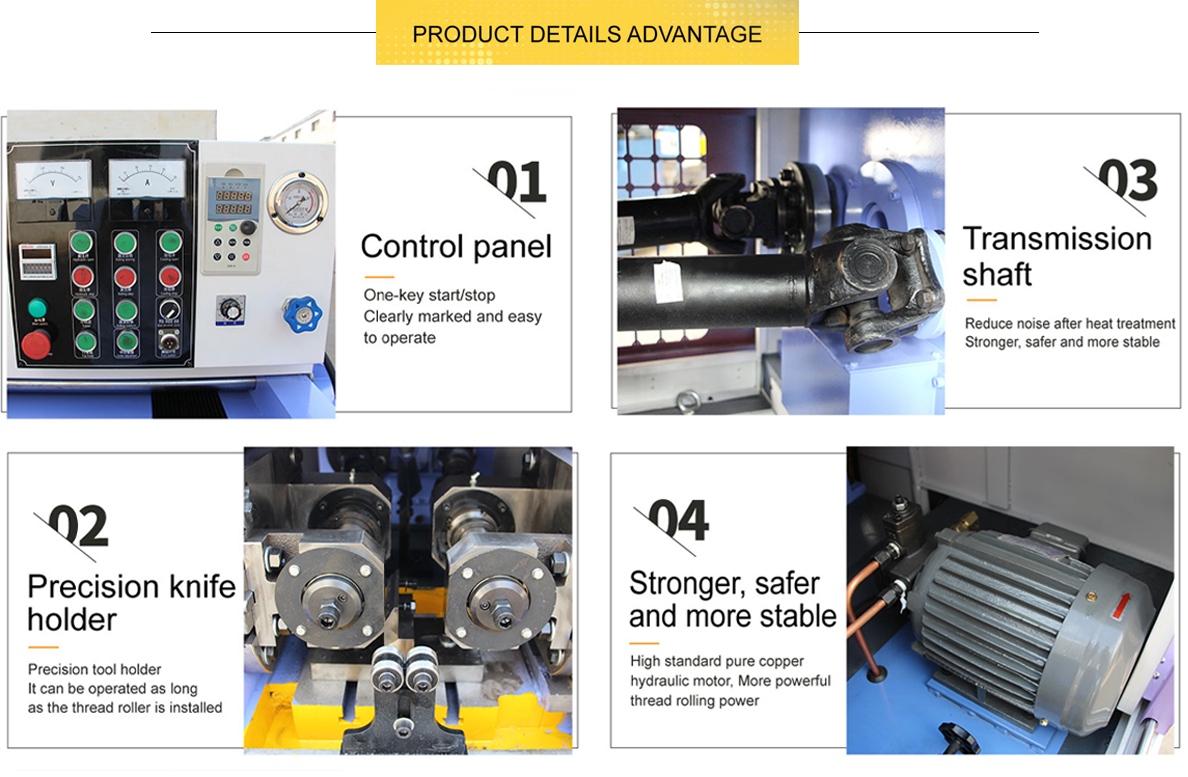
-
 Afrikaans
Afrikaans -
 Albanian
Albanian -
 Amharic
Amharic -
 Arabic
Arabic -
 Armenian
Armenian -
 Azerbaijani
Azerbaijani -
 Basque
Basque -
 Belarusian
Belarusian -
 Bengali
Bengali -
 Bosnian
Bosnian -
 Bulgarian
Bulgarian -
 Catalan
Catalan -
 Cebuano
Cebuano -
 Corsican
Corsican -
 Croatian
Croatian -
 Czech
Czech -
 Danish
Danish -
 Dutch
Dutch -
 English
English -
 Esperanto
Esperanto -
 Estonian
Estonian -
 Finnish
Finnish -
 French
French -
 Frisian
Frisian -
 Galician
Galician -
 Georgian
Georgian -
 German
German -
 Greek
Greek -
 Gujarati
Gujarati -
 Haitian Creole
Haitian Creole -
 hausa
hausa -
 hawaiian
hawaiian -
 Hebrew
Hebrew -
 Hindi
Hindi -
 Miao
Miao -
 Hungarian
Hungarian -
 Icelandic
Icelandic -
 igbo
igbo -
 Indonesian
Indonesian -
 irish
irish -
 Italian
Italian -
 Japanese
Japanese -
 Javanese
Javanese -
 Kannada
Kannada -
 kazakh
kazakh -
 Khmer
Khmer -
 Rwandese
Rwandese -
 Korean
Korean -
 Kurdish
Kurdish -
 Kyrgyz
Kyrgyz -
 Lao
Lao -
 Latin
Latin -
 Latvian
Latvian -
 Lithuanian
Lithuanian -
 Luxembourgish
Luxembourgish -
 Macedonian
Macedonian -
 Malgashi
Malgashi -
 Malay
Malay -
 Malayalam
Malayalam -
 Maltese
Maltese -
 Maori
Maori -
 Marathi
Marathi -
 Mongolian
Mongolian -
 Myanmar
Myanmar -
 Nepali
Nepali -
 Norwegian
Norwegian -
 Norwegian
Norwegian -
 Occitan
Occitan -
 Pashto
Pashto -
 Persian
Persian -
 Polish
Polish -
 Portuguese
Portuguese -
 Punjabi
Punjabi -
 Romanian
Romanian -
 Russian
Russian -
 Samoan
Samoan -
 Scottish Gaelic
Scottish Gaelic -
 Serbian
Serbian -
 Sesotho
Sesotho -
 Shona
Shona -
 Sindhi
Sindhi -
 Sinhala
Sinhala -
 Slovak
Slovak -
 Slovenian
Slovenian -
 Somali
Somali -
 Spanish
Spanish -
 Sundanese
Sundanese -
 Swahili
Swahili -
 Swedish
Swedish -
 Tagalog
Tagalog -
 Tajik
Tajik -
 Tamil
Tamil -
 Tatar
Tatar -
 Telugu
Telugu -
 Thai
Thai -
 Turkish
Turkish -
 Turkmen
Turkmen -
 Ukrainian
Ukrainian -
 Urdu
Urdu -
 Uighur
Uighur -
 Uzbek
Uzbek -
 Vietnamese
Vietnamese -
 Welsh
Welsh -
 Bantu
Bantu -
 Yiddish
Yiddish -
 Yoruba
Yoruba -
 Zulu
Zulu
Different Types of CE Certified Thread Rolling Machines Explained
Understanding CE Certification Types of Thread Rolling Machines
The thread rolling machine, a crucial piece of machinery in various manufacturing sectors, is designed to produce threads on a variety of materials. It uses the cold forming process, effectively rolling the material into the desired thread profile through pressure rather than cutting. Given its significance in ensuring the quality and durability of threaded components, understanding the CE certification types relevant to this equipment is essential for manufacturers and users alike.
CE marking stands for Conformité Européenne and is a certification mark used in the European Economic Area (EEA). It indicates that a product meets all EU safety, health, and environmental protection requirements. For manufacturing companies, obtaining CE certification for their thread rolling machines is not just a regulatory requirement but also a commitment to quality and safety.
Types of CE Certifications for Thread Rolling Machines
1. Machinery Directive (2006/42/EC) The Machinery Directive is the primary legislation that applies to machines used in industrial processes, including thread rolling machines. This directive outlines essential health and safety requirements to ensure that machinery does not pose any danger to its operators or the environment.
2. Low Voltage Directive (2014/35/EU) This directive applies to machines that operate on electrical power. For thread rolling machines, compliance ensures that the electrical components of the machinery meet safety standards to prevent electrical hazards. This includes regulations regarding voltage levels, current ratings, insulation, and overall electrical safety.
3. Electromagnetic Compatibility (EMC) Directive (2014/30/EU) The EMC Directive ensures that electronic and electrical equipment does not emit electromagnetic interference that could affect other devices and is resistant to such interference from external sources. Thread rolling machines often include digital controls and electronics, making compliance with this directive essential to guarantee their effective operation in a manufacturing environment.
4. Pressure Equipment Directive (2014/68/EU) If a thread rolling machine is designed to utilize pressure vessels as part of its operation, compliance with the Pressure Equipment Directive is necessary. This certification ensures that the equipment can operate safely under pressure, mitigating risks of explosions or system failures.
ce certification types of thread rolling machine

5. RoHS Directive (2011/65/EU) The Restriction of Hazardous Substances (RoHS) Directive limits the use of specific hazardous materials found in electrical and electronic equipment. For thread rolling machines, ensuring compliance means that materials used in components, such as circuit boards and wiring, adhere to safe standards.
The Importance of CE Certification
Obtaining CE certification is critical for manufacturers of thread rolling machines for several reasons
- Market Access CE marking is mandatory for selling machinery in the European market. It acts as an entry ticket, allowing companies to compete effectively in Europe and beyond. - Consumer Confidence CE certification assures customers that the machinery adheres to high safety and quality standards, enhancing the manufacturer’s reputation and fostering trust among clients.
- Legal Compliance Non-compliance with CE regulations can lead to heavy fines and restrictions. Certification protects manufacturers from potential legal issues and liabilities.
- Quality Assurance The process of obtaining CE certification often involves rigorous testing and evaluation, ensuring that manufacturers adhere to best practices and produce reliable equipment.
Conclusion
In conclusion, understanding the various types of CE certifications applicable to thread rolling machines is vital for manufacturers aiming to ensure the safety and reliability of their products. Compliance not only facilitates market access but also enhances consumer trust and protects against legal liabilities. For manufacturers, investing in CE certification translates into a commitment to quality and safety that resonates throughout their operations and into the products they deliver.
